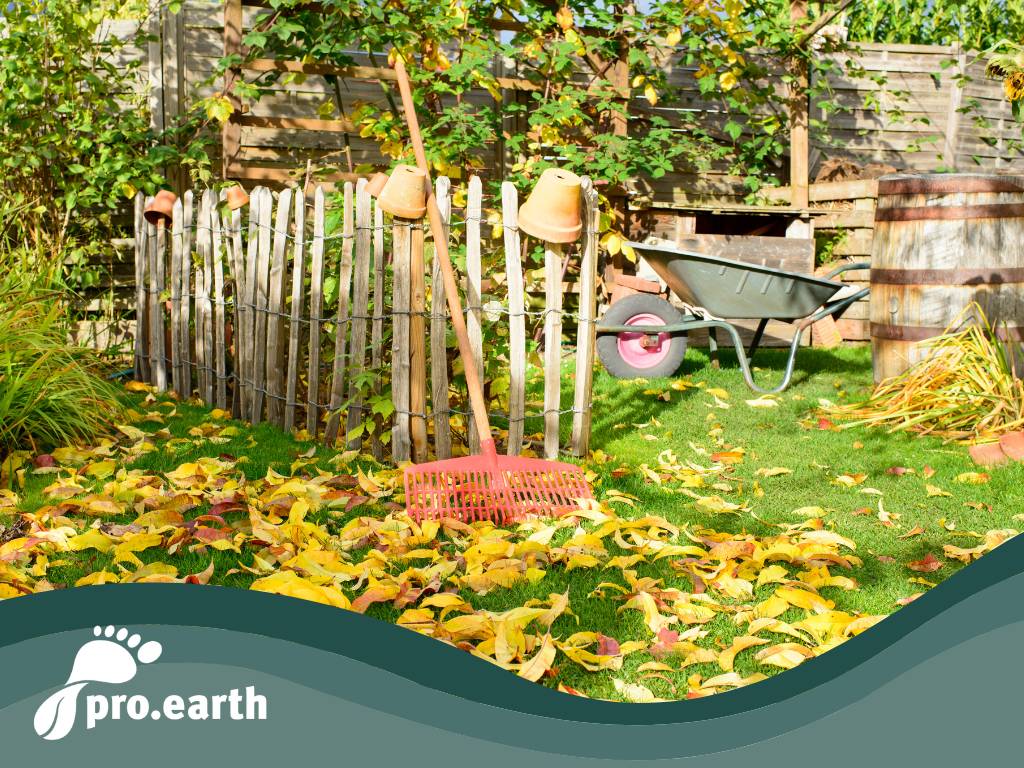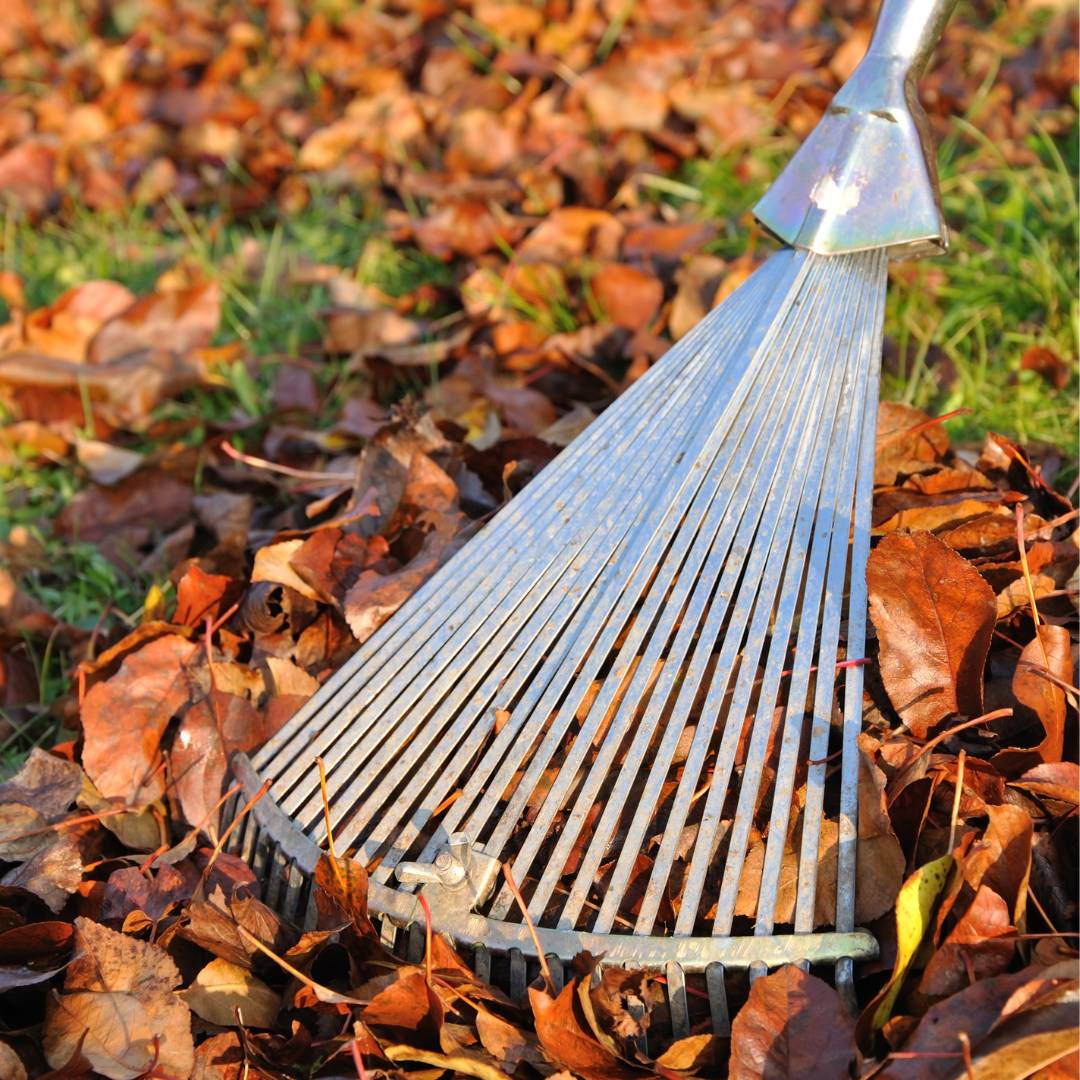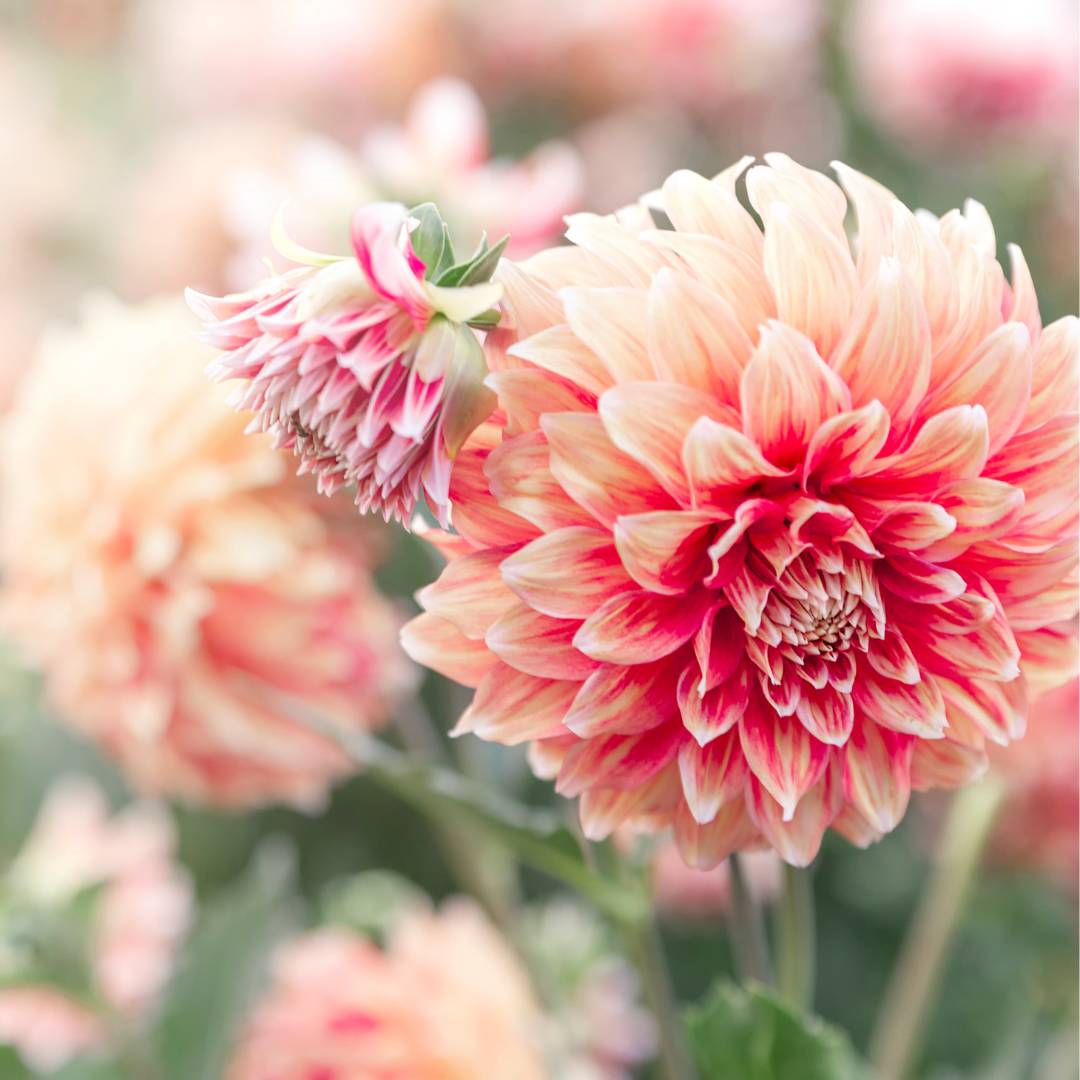Autumn work in the garden and what we absolutely don't do

When the light softens, the days get shorter and the mornings get wetter, autumn arrives. Mild and lovely at first, but then it often comes very quickly. For the animals in our gardens, the search for winter quarters and the stockpiling of food before winter begins. Our gardens currently offer a richly laid table of rose hips, vines, fruit, nuts, wild berries such as elderberries and, in our area, kiwis. Flowering plants such as knotweed, which is now in its second bloom, and ivy provide food for wild bees and many other insects.
Fall is planting time
Now is the best time to plant new plants or move existing ones. This applies to roses, shrubs, trees and perennials. They all have a head start into the new year. Wild shrubs can still be ordered via heckentag until October 14!
What we pay attention to when planting:
If plants are planted in a pot, a large enough planting hole must be prepared
- Then carefully detach the roots from the root ball so that they do not continue to grow in a circle but spread out in all directions
CautionIf the root ball is dry, place it in a bucket of water for a few minutes so that it can soak up the water!
- We do not add any fertilizer when planting so that the plant can acclimatize
- The plant is properly supplied with soil from all sides - no roots should protrude from the soil
- The new plant is then pressed down - sometimes by hand, sometimes by foot - depending on its size
Test: If you pull gently on the plant, it may not immediately give way and come out of the hole, then it is firmly enough in the soil
- It is then poured in
What we #Beetschwestern don't do in the garden now
As the days get shorter, we gardening enthusiasts finish some of the work.
We only mow the lawn very rarely now
We no longer fertilize so that the plants can go into hibernation
We leave the leaves lying around - except on lawns and paths. We can collect them from the lawn with the lawnmower or with a rake. The collected leaves can be put on our flower beds and offer many small creatures and plants protection in winter. Leaves are very quickly turned into compost next year.
We no longer prune our plants. We leave all flowering perennials until spring because they serve as overwintering habitats for many insects such as wild bees.

Dahlia tubers must be dug up before the frost and stored in the cellar
We #Beetschwestern wish you wonderful hours outdoors!






